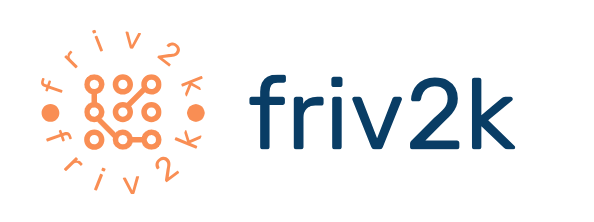Digital technologies currently being introduced in the construction industry could transform it forever. They will automate certain operations and create a more collaborative, data-driven approach.

This could result in greater productivity and safer construction methods. Companies that implement these technologies early on are often able to gain a decisive edge over their competition.
Artificial Intelligence
Artificial intelligence has multiple applications in the construction industry. It can be used to create highly precise blueprints, 3D maps, and construction plans.
AI can help with analysis of critical data to identify efficient construction strategies. It can also help to simplify office administration tasks. For example, systems can track leave and project progress to make schedule updates to compensate for absences.
The Internet of Things (IoT)
On construction sites, many areas are potentially hazardous for workers. Machines with IoT sensors could be used for remote operation. In the near future, manufacturers may produce construction vehicles that allow critical data and instructions to be displayed on windshields.
IoT sensors could also track the location of construction equipment and tools. They could allow for predictive maintenance of equipment and monitor water and energy consumption on construction sites.
Virtual Reality (VR) and Augmented Reality (AR)
It’s possible to show how a project would look on completion before even breaking ground, all through the use of a mobile app to scan 2D construction plans and generate a virtual 3D model. Virtual reality also enables 3D modeling.
Collaboration would improve as all teams could access plans in real-time using these resources.
Blockchain
Blockchain enables the creation of smart contracts that could simplify supply chain management. Digital identification could be used for contractors, engineers, and workers. With digital identification, crucial information could be collected on clients and vendors in order to collaborate more efficiently.
Cloud Computing
Traditional methods of data processing and management are inefficient, as paper documents require excessive storage and management, and can be easily be damaged or lost. Cloud computing allows for easy storage and sharing of critical data and documents in real-time.
Future Possibilities
Digital technologies are advancing rapidly and will lead to creating more effective, transparent work practices. In the future, we could see the reality of using 3D printing to essentially print houses, bridges, and other structures.
Using IoT sensors to build smart roads would allow for real-time traffic and weather updates. Smart roads could also power streetlights and cars automatically.
Construction costs could be reduced as manufacturers develop new construction materials and techniques. Precision stamped copper flat washers are already available that offer corrosion resistance and can be used in multiple applications.
Suppliers of materials to the construction industry, such as superiorwasher.com are also automating processes and using advanced technology to improve efficiency and produce superior products. Superior Washer supplies copper flat washers and many other washers and gaskets to the construction industry.
Using robots with sensors could reduce labor requirements and lead to cost-effective and time-saving construction techniques.
Adopting Digital Technologies
Introduction of digital technologies is imminent but adopting them can be quite a convoluted process due to all the intricacies. However, many industries are already becoming more competitive by employing digital technologies and those who dismiss them as a passing trend could be left behind.

